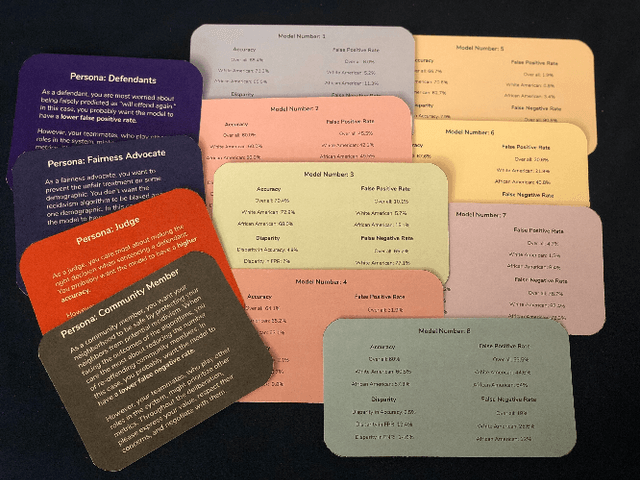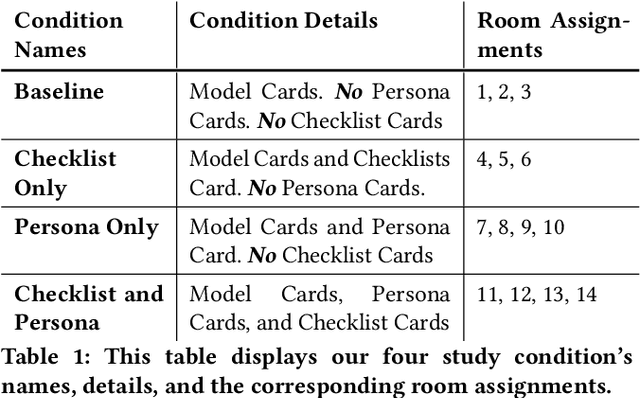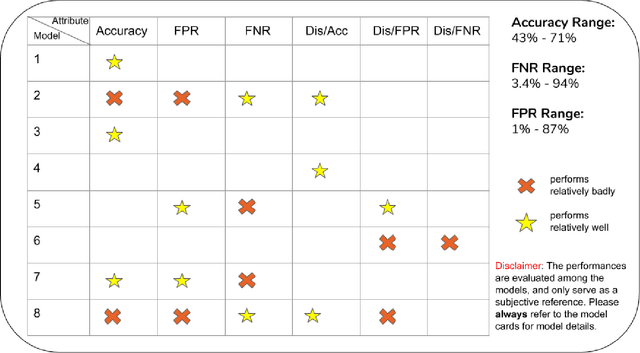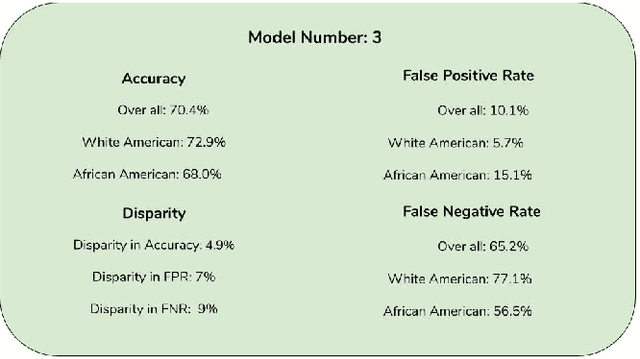Aditi Chattopadhyay
Impact of buckypaper on the mechanical properties and failure modes of composites
Mar 13, 2025Abstract:Recently, there has been an interest in the incorporation of buckypaper (BP), or carbon nanotube (CNT) membranes, in composite laminates. Research has shown that using BP in contrast to nanotube doped resin enables the introduction of a higher CNT weight fraction which offers multiple benefits including higher piezo resistivity for health monitoring applications and enhanced mechanical response for structural applications. However, their impact on the deformation and failure mechanisms of composite laminates has not been investigated thoroughly. Understanding these issues experimentally would require a carefully executed test plan involving a multitude of design parameters such as BP geometry and placement, material anisotropy and variability, and laminate stacking sequence. This paper presents a deep learning (DL)-based surrogate model for studying the mechanical response of hybrid carbon fiber reinforced polymer (CFRP) composite laminates with BP interleaves under various mechanical loads. The surrogate model utilizes a long short-term memory architecture implemented within a DL framework and predicts the laminate global response for a given configuration, geometry, and loading condition. The DL framework training and cross-validation are performed via data acquisition from a series of three-point bend tests conducted through finite element analysis (FEA) and in-house experiments, respectively. The model predictions show good agreement with FEA simulations and experimental results, where CFRP with two BP interleaves showed enhanced flexural strength and modulus over pristine samples. This enhancement can be attributed to the excellent crack retardation capabilities of CNTs, particularly in the interlaminar region.
* In 38th Technical Conference of the American Society for Composites, ASC 2023 (pp. 2281-2297)
Value Cards: An Educational Toolkit for Teaching Social Impacts of Machine Learning through Deliberation
Oct 22, 2020



Abstract:Recently, there have been increasing calls for computer science curricula to complement existing technical training with topics related to Fairness, Accountability, Transparency, and Ethics. In this paper, we present Value Card, an educational toolkit to inform students and practitioners of the social impacts of different machine learning models via deliberation. This paper presents an early use of our approach in a college-level computer science course. Through an in-class activity, we report empirical data for the initial effectiveness of our approach. Our results suggest that the use of the Value Cards toolkit can improve students' understanding of both the technical definitions and trade-offs of performance metrics and apply them in real-world contexts, help them recognize the significance of considering diverse social values in the development of deployment of algorithmic systems, and enable them to communicate, negotiate and synthesize the perspectives of diverse stakeholders. Our study also demonstrates a number of caveats we need to consider when using the different variants of the Value Cards toolkit. Finally, we discuss the challenges as well as future applications of our approach.
 Add to Chrome
Add to Chrome Add to Firefox
Add to Firefox Add to Edge
Add to Edge